Search Results for Tag: Warsaw
Why conferences like Warsaw won’t save the Arctic!
No wonder the ngos walked out in disgust. The latest UN climate conference has strengthened my feeling that these mega-events are not going to lead to the emissions reductions we need to protect the polar ice and the world climate.
Typhoon Haiyan and its devasting effects on the Philippines was a fine warning of what the world could be facing if we are not able to put the brakes on climate change. The newest IPCC report provides impressive evidence of the need for swift and effective action to combat climate change. Otherwise, the world will have to cope with more frequent and severe extreme weather events, rising seas, floods and droughts. The World Bank and the UN have set the alarm bells ringing. We have to reduce emissions by around 85% by 2050 to keep global temperature rise to the two-degree Celsius limit. The International Energy Agency says that would mean leaving 80% of our remaining fossil fuels in the ground.
Climate sinners hosting
Unfortunately the track laid out for the conference in Poland was heading in another direction from the start. Fossil energy providers and huge energy consumers like the steel and car industry were sponsoring the event. The host country Poland is and plans to remain a coal country. So far, Warsaw has blocked more ambitious emissions targets in the EU. The fact that a coal summit was held in Poland during the climate negotiations was clearly demonstrative – and verges on the cynical. The sacking of the Polish environment minister who was chairing the talks shows a lack of respect for the meeting and the issue of climate change itself.
Climate politics: no leadership in sight
But the failure of the conference was not just Poland’s fault. CO2 emissions are continuing to rise globally, and the conference delegates did not have much in their luggage to do anything about it. It was far too little in the way of commitment to binding emissions reductions or to creating an effective and well-funded compensation mechanism for developing countries. The poorest countries, which are already struggling to cope with unpredictable climate patterns, droughts and flooding, went home disappointed and frustrated – once again.
The EU was unable to agree on tighter emissions targets ahead of the conference. Germany, long considered a leader in the field, is currently putting the brakes on its own renewable energy revolution by shifting financial incentives. Japan, Canada and Australia, all took a step backwards. And in spite of some progress at home, the major emitters China and the USA were unlikely to make any substantial announcements.
No progress on a new climate agreement
The Warsaw conference was supposed to come up with an effective timetable to lead to a new international climate agreement, scheduled to be set up in 2015 and implemented in 2020. Instead, it seems countries are playing for time and putting off any binding commitments. The vague document agreed at the very last minute contains no firm deadline for emissions pledges – which will not be binding anyway. The window of opportunity is rapidly closing. Decades of negotiations have produced little in the way of results. Every year without a decrease in greenhouse gas emissions reduces the prospect of keeping to the “two degree” target. Existing pledges fall way short of what is required. The “business as usual” trajectory is heading for a temperature rise of at least four degrees Celsius.
Once more, the UN climate conference has shown its inability to protect the world from the dangers of rapidly progressing climate change. Aside from the annual mega-meetings, which are in danger of disintegrating into mere token events, there are still signs of hope. China, for instance, is making considerable progress on energy issues, although the country refuses to accept internationally binding targets. Climate protection has to become part of daily politics and business in industrialised and emerging countries. Politicians must be prepared to abandon short-term advantages in favour of a long-term perspective, which would guarantee the future for coming generations through a sustainable low-carbon economy. The means turning away from oil and coal, developing renewable energies, ensuring a high price for carbon and providing adequate finance to protect developing nations from climate change caused by past emissions of the industrialised world.
“On Thin Ice” at Warsaw climate talks
Did you know it was the “Day of the Cryosphere” at the Warsaw climate talks COP 19 in Warsaw yesterday? If not, you might be forgiven. I haven’t seen it making the headlines in the mainstream media. That is a pity, given that what climate change is doing to our ice, snow and permafrost has repercussions for the whole planet.
![]() read more
read more
Philippines, Warsaw, Arctic – join the dots
I have very mixed feelings as the UN climate conference gets underway in Warsaw just as the Philippines are devastated by what seems to have been the worst storm ever. The experts tell us climate change is extremely likely to be increasing the severity of extreme weather events. It is not hard to see the possibility of a link. And where does the Arctic come in? Well, the only Arctic headlines at the moment would seem to be the ongoing saga of the Greenpeace activists still under arrest in Russia after the protest at the Prirazlomnaya Arctic oil rig. Connection clear?
Amongst the mixed bag of emotions I am currently shuffling are horror at the extent of the storm devastation in the Philippines, intense sympathy with the victims, helplessness in the face of the huge force of typhoon Haiyan. Then comes deep frustration, verging on anger at the failure of the world’s big emitters so far to take action to reduce emissions and avert what the world’s scientists and the UN tell us will be catastrophic climate change, if we don’t keep to the two degree target. Add to this my complete failure to understand the continuing rush to get oil from the Arctic – regardless of the fact that this would, in turn, contribute further to the vicious circle of climate change.
Some 13% of the world’s remaining undiscovered oil reserves, 30% of its gas are estimated to be in the Arctic. The higher the price of energy, the faster the ice melts, the greater the international interest in a region becoming increasingly accessible as the world continues to warm. At the same time concern is growing amongst those who see development as a threat to the sensitive environment of the High North and the lifestyles of indigenous peoples there – and an increasing risk for the global climate: the burning of more fossil fuels would further intensify global change by producing more CO2 emissions. According to the World Energy Outlook 2012, two thirds of our known fossil fuel reserves would have to remain in the earth, if the goal of limiting temperature rise to two degrees Celsius and averting catastrophic climate change is to be reached.
The harsh nature of Russia’s reaction to the Greenpeace protest at the Prirazlomnaya oil rig in the Arctic demonstrates how important the region has become for the government in Moscow. While Greenpeace has stepped up its campaign to stop oil drilling in the Arctic and have the activists and ship released, the business of Arctic exploration and development just “carries on regardless”. Rosneft, Statoil, Italy’s ENI, Exxon Mobil, Shell… are all active in the Arctic. China and India are also keen. The UK recently unveiled plans to become a hub for Arctic oil exploration. Meanwhile, Greenpeace, is campaigning for the area around the North Pole to be declared a sanctuary and protected from drilling or other industrial exploitation. In addition to environmental campaign groups, the “Fossil Free Campaign” initiated by US American Bill Mc Kibben is gaining influence, trying to persuade companies and institutions to withdraw investments from fossil fuel-related enterprises. Perhaps that will be the way to bring about a change of heart?
Returning to the UN climate talks in Warsaw, my mixed bag of emotions unfortunately does not contain a lot of optimism at the moment. Maybe just a sliver of hope that all is not yet lost. But looking at host country Poland’s record as a coal country and recent statements by its political leaders insisting this would remain so, and bearing in mind that the country has consistently blocked the EU from adopting stricter climate goals (which, admittedly, appears to suit many other member states), it is hard to imagine this conference bringing much in the way of progress. While top emitter China is paying more attention to its environment and climate policies, the country’s rejection of international binding targets makes considerable progress unlikely.
It would be wrong to use the typhoon disaster in the Philippines just to attract more attention to the climate conference in Poland. Clearly getting international aid out to the region has to have top priority. But there is surely a moral imperative to act upon the warnings of our scientists that business as usual is extremely likely to increase the severity of storm and flood events, which hurt the needy worst of all? And would that not have to include the realization that burning fossil fuels is helping to melt the Arctic twice as fast as the rest of the planet – with negative effects not only on the people and ecosystems in the region, but – through feedback effects, sea level rise, increasing ocean acidity etc – on the regulation of the world climate? And thus, that investing in renewable energies and the transition to a green economy makes more sense than Arctic oil exploration?



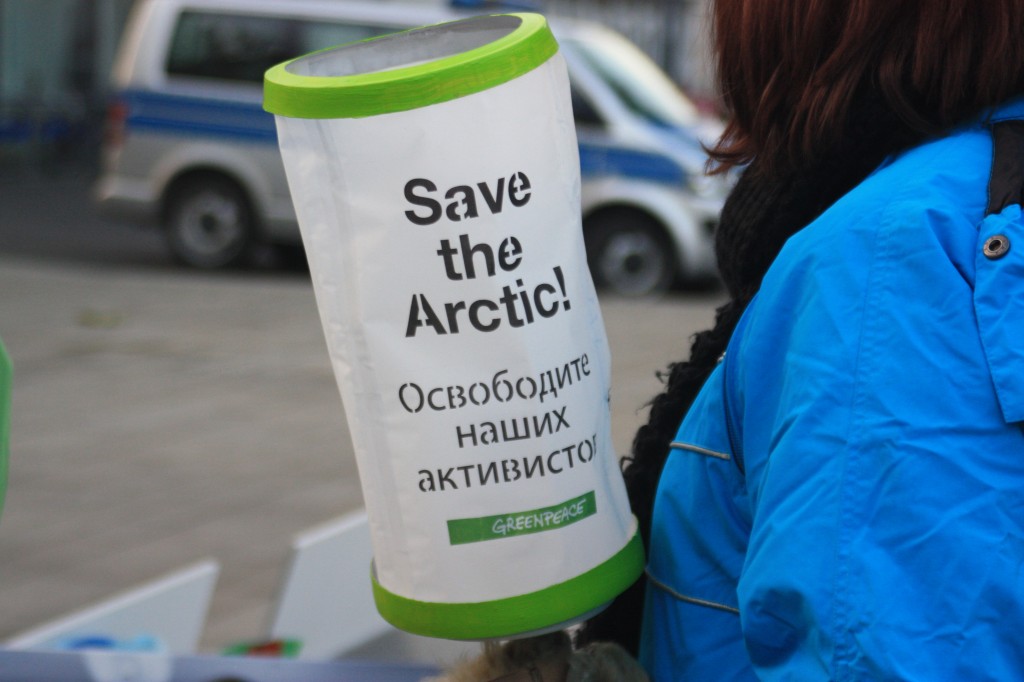
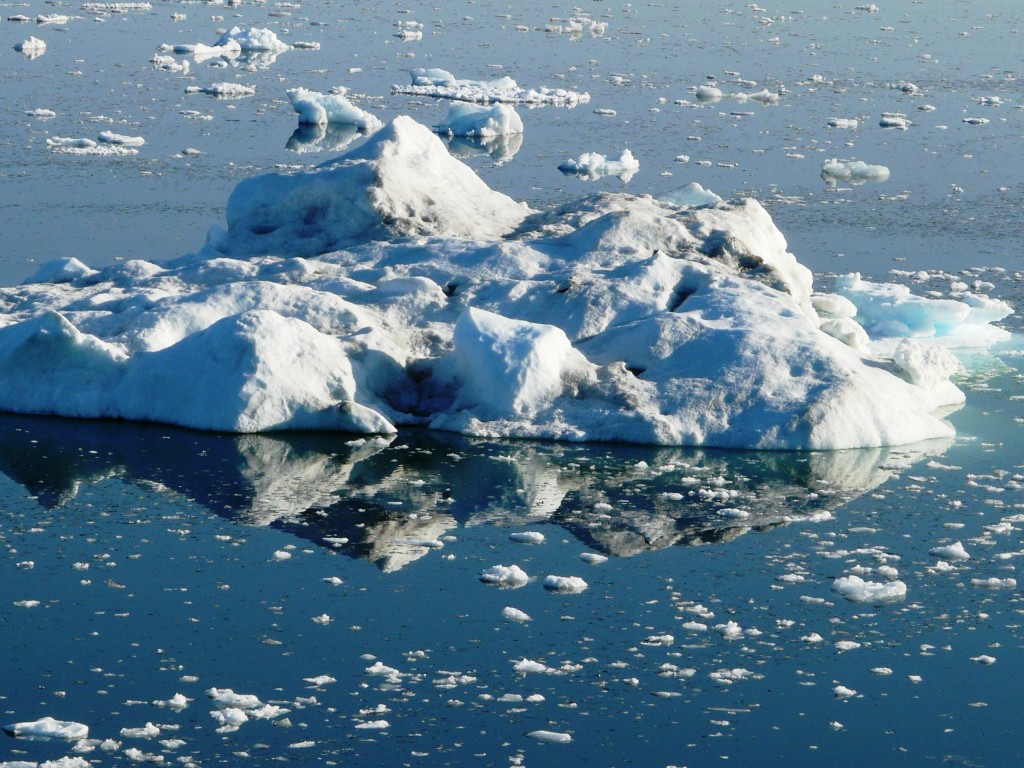

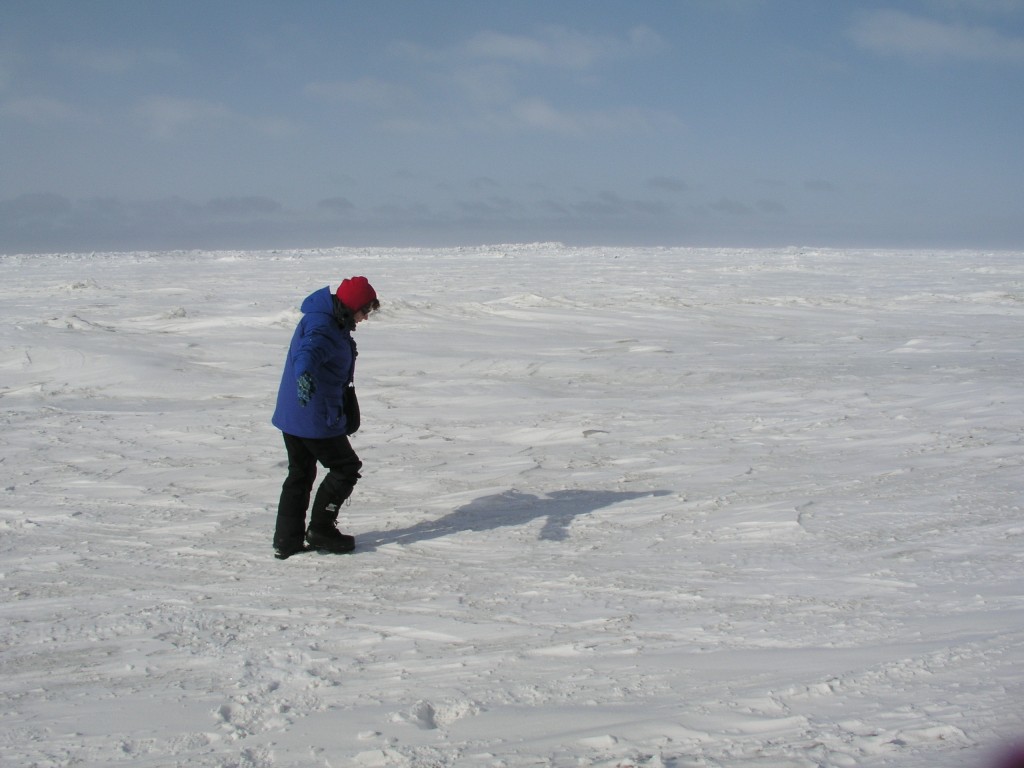
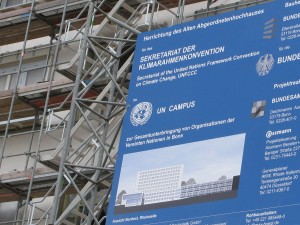
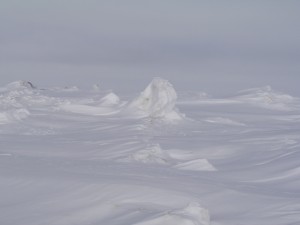












Feedback